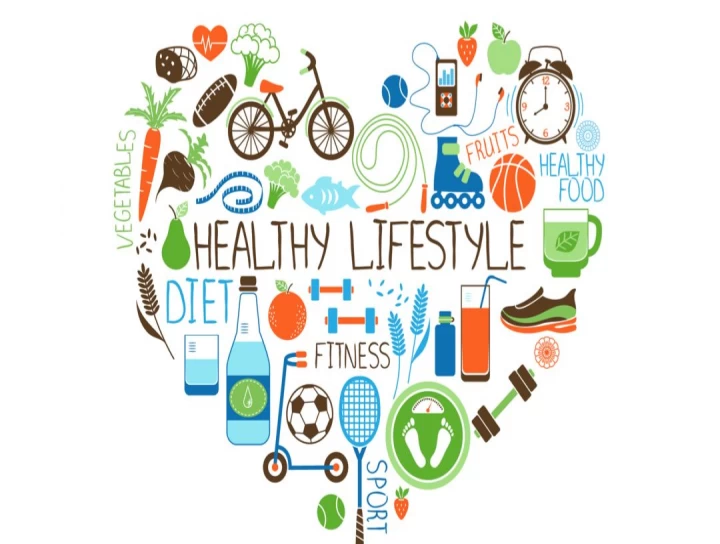
Age and Health: 40s or 60s -“How old am I really?”
Aging is unavoidable and natural phenomenon of life. To die we have to age and ageing is something most of us are afraid of, as it brings with it the most frightful diseases. Most of us believe that ageing is universal, inevitable and inescapable. But, if ageing is universal to all individuals, why are some people ageing faster than others? Why some individuals of look younger or older than you, despite being the same age? Sometimes we may appear to be ageing quite quickly, whereas others appear to age somewhat more slowly. Each one of us ages at our own pace and why do we keep saying that “Age is just a number.”?
Types of ageing
As living beings, we have two types of ageing: chronological as well as biological.
Chronological age dictates the number of birthdays candles we blow out every year, while biological age is a measure of our physiological state compared to other people with the same number of annual growth rings.
Biological age refers to epigenetic alteration which express on how able and functioning she or he is and whether one has diseases related to old age. In other words, the physiological aspect of ageing is known as biological age.
Chronological versus biological age
Chronological age has very little to do with our physical well-being.While in some contexts chronological age might give a useful approximation of those characteristics that matter from the point of justice.According to Todd Miller, associate professor in exercise and nutrition sciences at George Washington University, a 50-year-old smoker can have the lung capacity of an 80-year-old. "In other words, the 50-year-old smoker has the 'lung age' of an 80-year-old”.Chronological age has nothing to do with our day-to-day life, it cannot tell anything about our life expectancy and importantly it is irreversible. The distinction between biological and chronological age could have significant implications for how we should understand our legal age.
Our biological age usually depends upon many factors like what we eat, where we live, what we do including exercise, diet and sleeping habits, and an individual’s genetics.If our biological age is less than our actual age, it suggests that our body is ageing more healthily than normal. It can be reversible! Now question arises, can we live long life? Can we prevent ourselves from various health issue like heart attack which is a becoming a major cause of death in younger generation nowadays.
Let’s have a look on “IKIGAI: The Japanese Secret to a Long and Happy life”. It’s a bookby Frances Miralles and Hector Garcia. The book says that living a long and full life is under your control to an extent.
Lifestyle and aging
"Lifestyle matters a lot for aging,". "DNA damage caused by things like smoking and metabolic syndrome accelerate what we think of as age-related illnesses," O'Rourke says. Metabolic syndrome includes certain conditions such as high blood sugar, high blood pressure and extra body fat around the stomach. It acts as an increase risk factor for conditions such as stroke, diabetes, heart disease and cancer.It is seen that people who eat healthily throughout their lives will be stronger at age 70 or 80 than those who take up the healthy habits later. That said, "there is no too old" to start, Miller says. "Muscle responds at any age. You can get positive results even if you start healthy lifestyle at age of 80."
Conclusion
The modern science of Longevity has given us a new perspective to measure age, i.e. Biological age, and there is no better way to define the health of the entire body than this. The understanding of phenomenon of ageing clears many questions like “Why are we ageing faster than our friends”, “When will I become prone to chronic diseases”, and “How old am I really?”. It is time we start re-imagining age to go beyond just biological terms, and factor in the chronological aspect as well. This change in perspective can help in not only understanding the unique needs of our bodies and the possibility of even reversing age.


No Any Replies to “Age and Health: 40s or 60s -“How old am I really?””
Leave a Reply